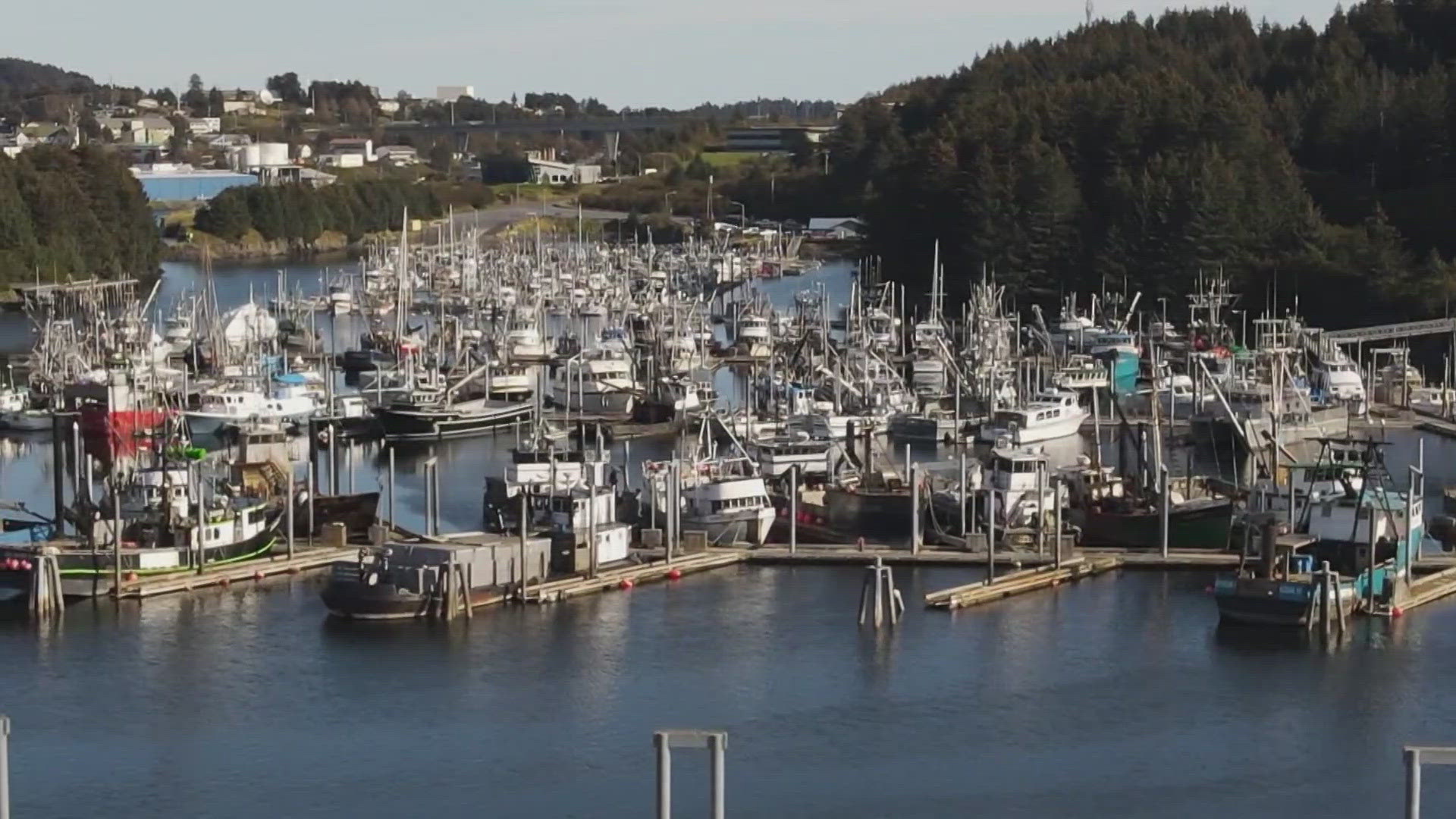ALASKA, USA — Officials in Alaska announced Friday that a limited snow crabbing season in the Bering Sea will be allowed this year.
The announcement comes after the crabbing season was canceled two years in a row in 2022 and 2023. The closures were caused by a swift decline in the Bering Sea snow crab population. In 2021, millions of crabs seemingly vanished.
The Friday announcement comes as a welcome sign that the population is recovering. It's big news for crabbers who have missed two years of income from this catch.
Before the crabbing crisis began, crabbers would catch 30-80 million pounds of crab per season. Snow crabs comprise the majority of that: the year before the shutdowns began, 45 million pounds of snow crabs were caught. However, this year, crabbers will only be able to catch 4.72 million pounds.
"I am glad to see the fishery open up, but if it needed to be closed, it needed to be closed. There was a catastrophic event that happened in the Bering Sea for snow crab anyway, so it was something I have never seen in my 30 years of fishing on the Bering Sea," said Mark Kasto, a former crab boat captain.
Watch the extended interview with Mark Kasto here:
What caused the decline in 2021?
Scientists at NOAA have since identified the main reason for the collapse as "an ecological shift from Arctic to sub-Arctic conditions in the southeastern Bering Sea due to human-caused climate change."
It was discovered that the warmer water temperatures didn't immediately kill the crabs, but when the waters got too warm, their metabolism increased. There wasn't enough food to keep up with their caloric demand.
In addition to temperature changes, the team at NOAA noted other factors that indicate a shift from an Arctic to a sub-Arctic regime. They found a decline in sea ice and an increase in snow crab predators, a disease known to kill snow crabs, and areas of spring algal blooms.
The study also confirmed scientists' initial beliefs that the population decline was not due to overfishing as the level of mortality was too high.
The reopening of the season doesn't mean the population has recovered for good, but it is a positive sign. Scientists say warm ocean temperatures that caused this rapid decline are cooling back to normal, helping this population slowly rebuild.

